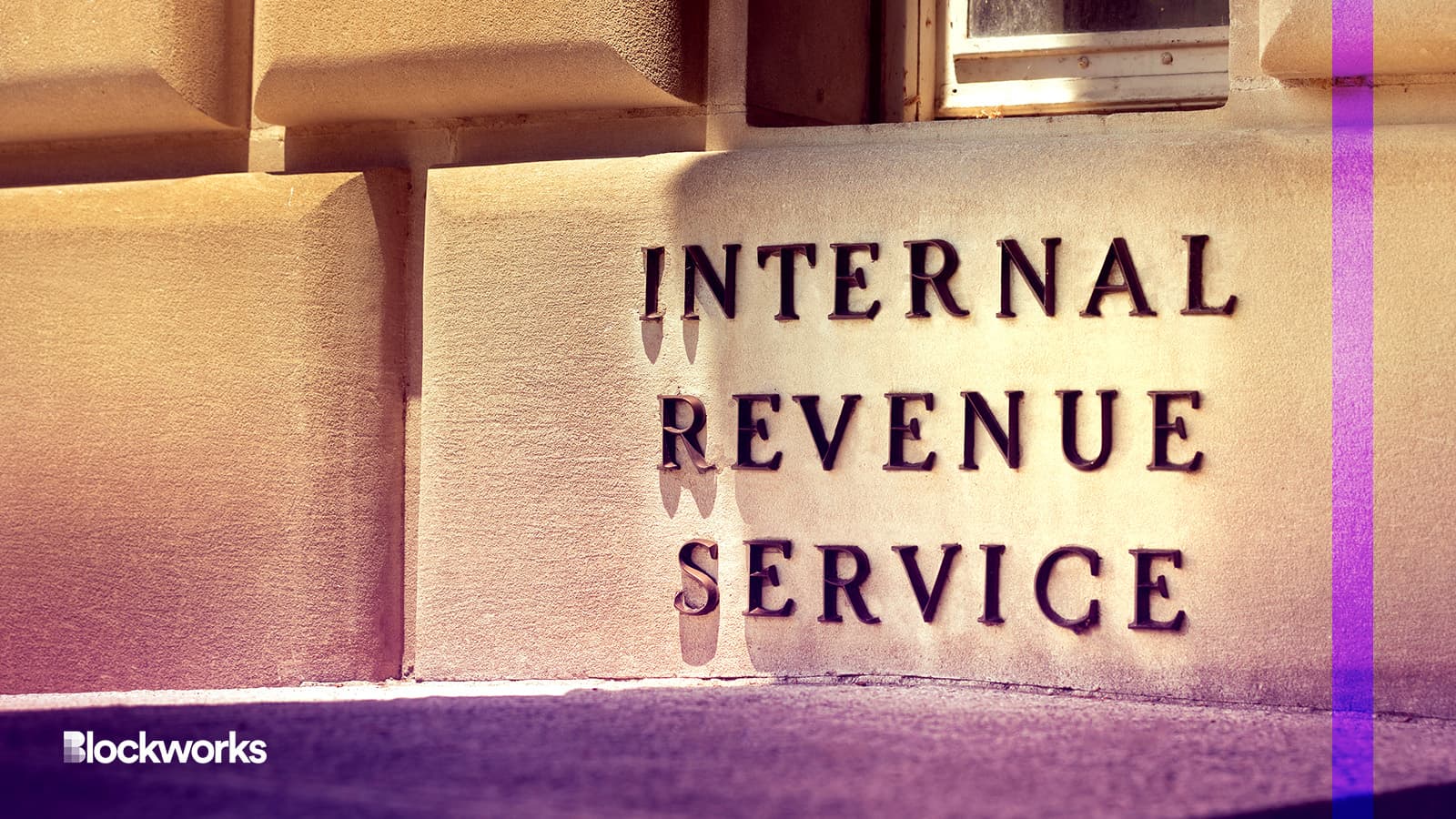Dems press Treasury, IRS to crackdown on crypto wash trading
Reps. Brad Sherman and Stephen Lynch earlier this week asked the Treasury and IRS to “promptly” issue regulations to address tax evasion in crypto

AevanStock/Shutterstock modified by Blockworks
After Republicans successfully blocked a tax-loss harvesting clause aimed at the crypto industry tucked into the recently-passed debt ceiling bill, Democrats are still pushing the issue.
Congress removed the crypto taxation section of the bill before it went to vote, where it passed in the House and Senate. The provision aimed to put a stop to wash trading in crypto. Wash trading is illegal when it comes to securities, but the IRS doesn’t treat crypto as a security.
“In this specific instance, the wash sale rules were really specifically written for securities and the IRS has deemed cryptocurrency and digital assets as property, so that designation exempts it from the wash sale rule, as written currently,” Seth Wilks, vice president of government relations and success at TaxBit, said.
The loophole has created political waves. In a May Tweet, President Biden alleged that the US misses out on $18 billion in tax revenue because the crypto industry abuses the practice.
Reps. Brad Sherman, D-Cali., and Stephen Lynch, D-Mass., earlier this week asked the Treasury and IRS to “promptly” issue its regulations to address tax evasion in the crypto industry.
“The cryptocurrency industry has all of 2022 to prepare for the infrastructure law’s tax reporting requirements and now it apparently gets 2023 off as well,” the representatives wrote in a letter to Treasury Secretary Janet Yellen and IRS Commissioner Daniel Werfel.
The agencies have created a regulatory framework, which was approved by the Office of Management and Budget’s Office of Information and Regulatory Affairs (OIRA) in February, Reps. Sherman and Lynch said in the letter.
It’s not as simple as outlawing wash trading in crypto, though, Wilks said. Brokers, which, in crypto, the IRS has yet to define, should have reporting requirements, he said.
“If you implement wash sale rules without having broker reporting, it would put all of the responsibility on the individual taxpayer to do the calculations themselves,” Wilks said. “What we’ve already seen is that general reporting of crypto activity is very complicated… I don’t think people are trying to evade taxes, I think that it’s just complex.”
Traditional brokers in the securities market monitor client trading activity and compile it into a 1099 Form B that investors file with their returns, making the process simple. Imposing a reporting rule for crypto wash trades wouldn’t result in significant tax revenue unless crypto brokers are held to this same standard,” Wilks said.
Get the news in your inbox. Explore Blockworks newsletters:
- The Breakdown: Decoding crypto and the markets. Daily.
- 0xResearch: Alpha in your inbox. Think like an analyst.






